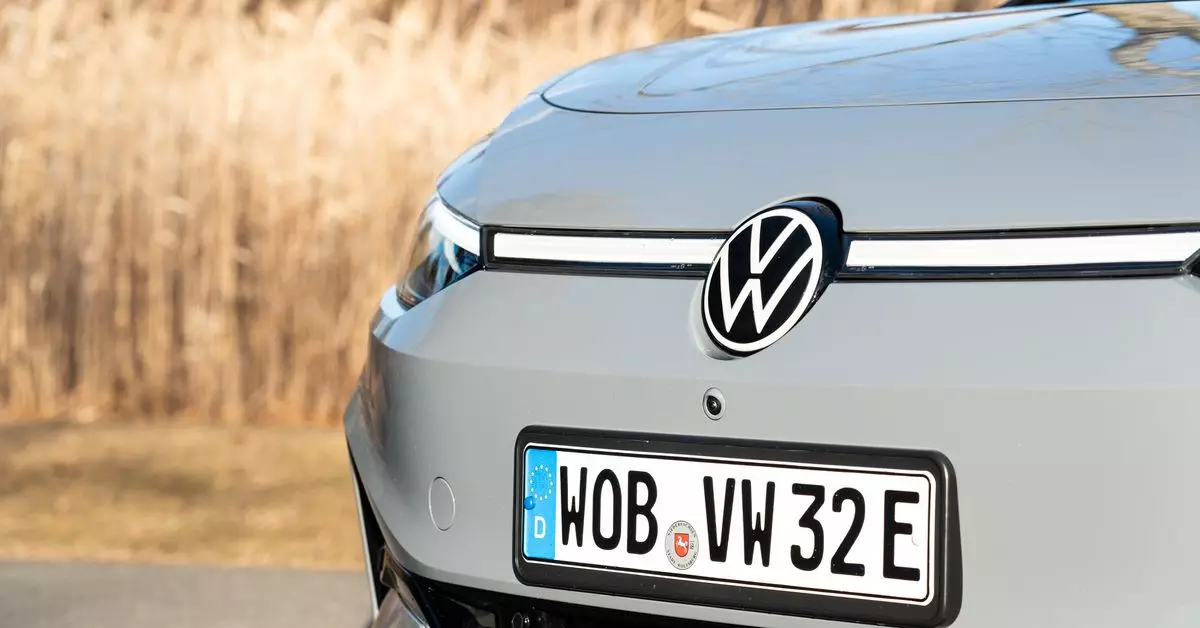In an era dominated by digital transformation, the vulnerabilities associated with our data are becoming increasingly concerning. A shocking report recently surfaced detailing a significant data leak affecting nearly 800,000 electric Volkswagen vehicles. This incident raises serious questions about data security practices in the automotive industry. According to Der Spiegel, a German news magazine, the security flaw appeared to stem from the software utilized within these vehicles, putting not just the automaker at risk but also jeopardizing the privacy of countless drivers.
A Whistleblower’s Revelation
The news of this vulnerability primarily came to light thanks to a whistleblower who reported the issue to both Der Spiegel and the European hacker group, the Chaos Computer Club. It appears that the leak is not just confined to Volkswagen EVs alone, as it also encompasses electric vehicles from Audi, Seat, and Skoda—brands under the Volkswagen umbrella. This global scale of the issue underscores the necessity for automotive companies to undertake stringent measures to safeguard customer data.
Driver Data at Risk
The situation is particularly grave considering that the exposed data was not limited to generic vehicle statistics; it also included highly sensitive personal information. Der Spiegel’s investigation indicated that information stored within Amazon’s cloud service, which was accessed through a vulnerability in Volkswagen’s subsidiary known as Cariad, could be linked directly to individual drivers. The compromised data encompassed critical details such as when vehicles were operational, and worryingly, it even included personal identifiers like email addresses, phone numbers, and residential addresses.
Most alarming is the revelation that approximately 460,000 vehicles had their locations pinpointed with alarming precision—accurate to within ten centimeters. For other models, such as Audi and Skoda, the locations were tracked with a margin of error of only 10 kilometers. This level of accuracy means that malicious entities could effectively track the day-to-day movements of drivers, turning what should be a safe commuting experience into a potential nightmare of surveillance.
This incident serves as a stark reminder of the responsibility car manufacturers hold regarding consumer data protection. In this age of autonomous driving and connected vehicles, automotive companies must prioritize robust cybersecurity measures. The critical question for Volkswagen and others in the industry is: how will they rectify these vulnerabilities moving forward?
The unfortunate data leak involving electric Volkswagen vehicles and their brands illustrates the intricate relationship between technology and privacy. As such incidents become more frequent, it is imperative for both consumers and industry leaders to remain vigilant and proactive in safeguarding personal information. Such protective measures will not only uphold consumer trust but also secure the future of automotive technology.

